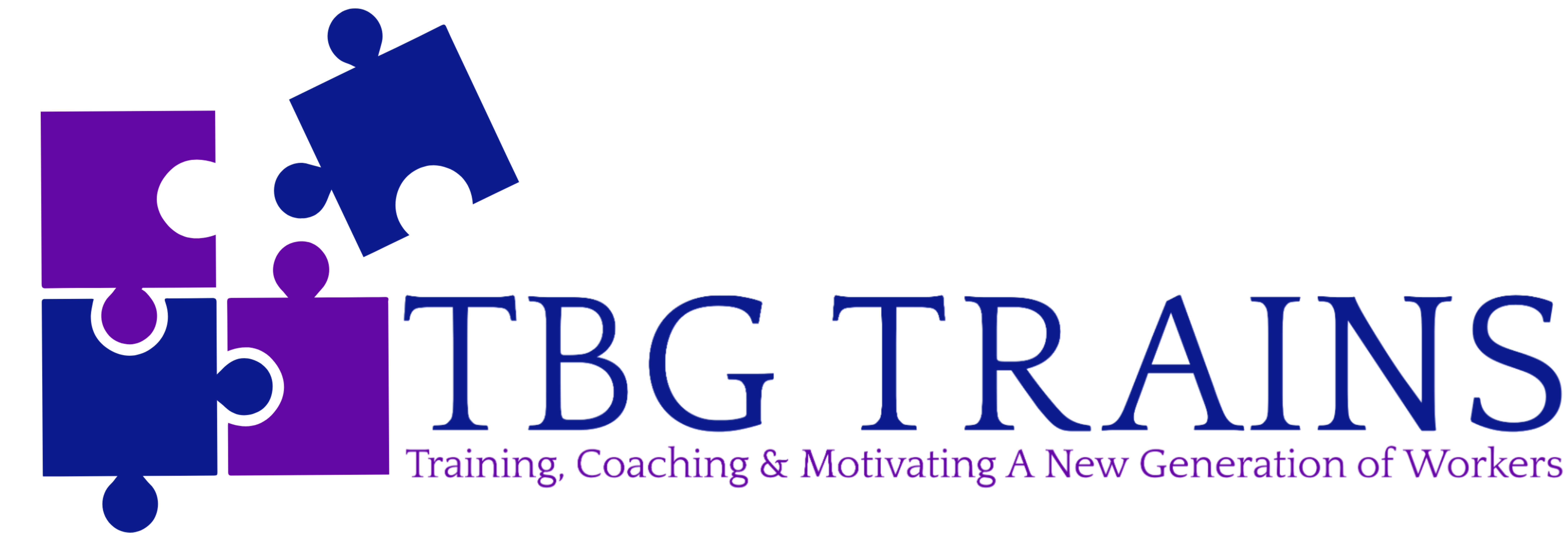Since the start of government enforced quarantine and restrictions, we have seen some communities be disproportionately affected. The reach of the virus extends beyond health issues and job security; it extends to education. While many educators are learning to quickly adapt to teaching during a global pandemic, it surely does not come without its challenges.
At TBG Trains, adjusting their approach to education has exposed the reality of challenges unique to the population they serve. CEO of TBG Trains, Vivica Brooks, shared, “[Training during COVID] really highlighted the issues such as internet issues. We really focused on getting technology into the students’ hands but we didn’t really realize some students did not have [internet] connection.”
The workforce training and development company tried its best to quickly switch over to technology centered learning, only to realize many students did not have reliable internet connection or a quiet place to attend virtual classes or study. As Brooks and her team continued to brainstorm on how to realistically ensure student success, they focused on how students could participate in virtual learning. “So we first thought about what times others in [the student’s] household could allow them a break and time to learn. Then, we tried to get students to internet hotspots and taught them to use phones as hotspots so they could get online.” TBG Trains not only restructured the technology present in class, but also minimized class sizes to provide more support for students struggling with no longer being face to face.
TBG Trains does more than just educate its students and their value, according to their students, especially comes from providing mentorship and support to students who may be struggling inside or outside of the classroom. “We’re not dismissive of the students,” Brooks explained while breaking down the new double class structure, which features a primary “classroom” video chat, as well as a private “classroom” that acts as a teacher’s desk where students can talk to their teacher one-on-one for quick, in class help.
Brooks observed, “there are so many things that have to be put in place, then to efficiently other things must be put in place. For example, when [students] had childcare set in place it allowed them time to focus on their professional development.” Childcare and familial responsibility are just a couple of the many challenges students have been facing while learning during COVID. Nonetheless, the team remains flexible in order to help students. The educators at TBG Trains have curriculums perfected to serve students, but keep in mind circumstances are ever changing, thus so are the curriculums. TBG Trains may not be able to foresee family emergencies or global pandemics, but their dedication to their students allow them to overcome obstacles and ensure student success.

